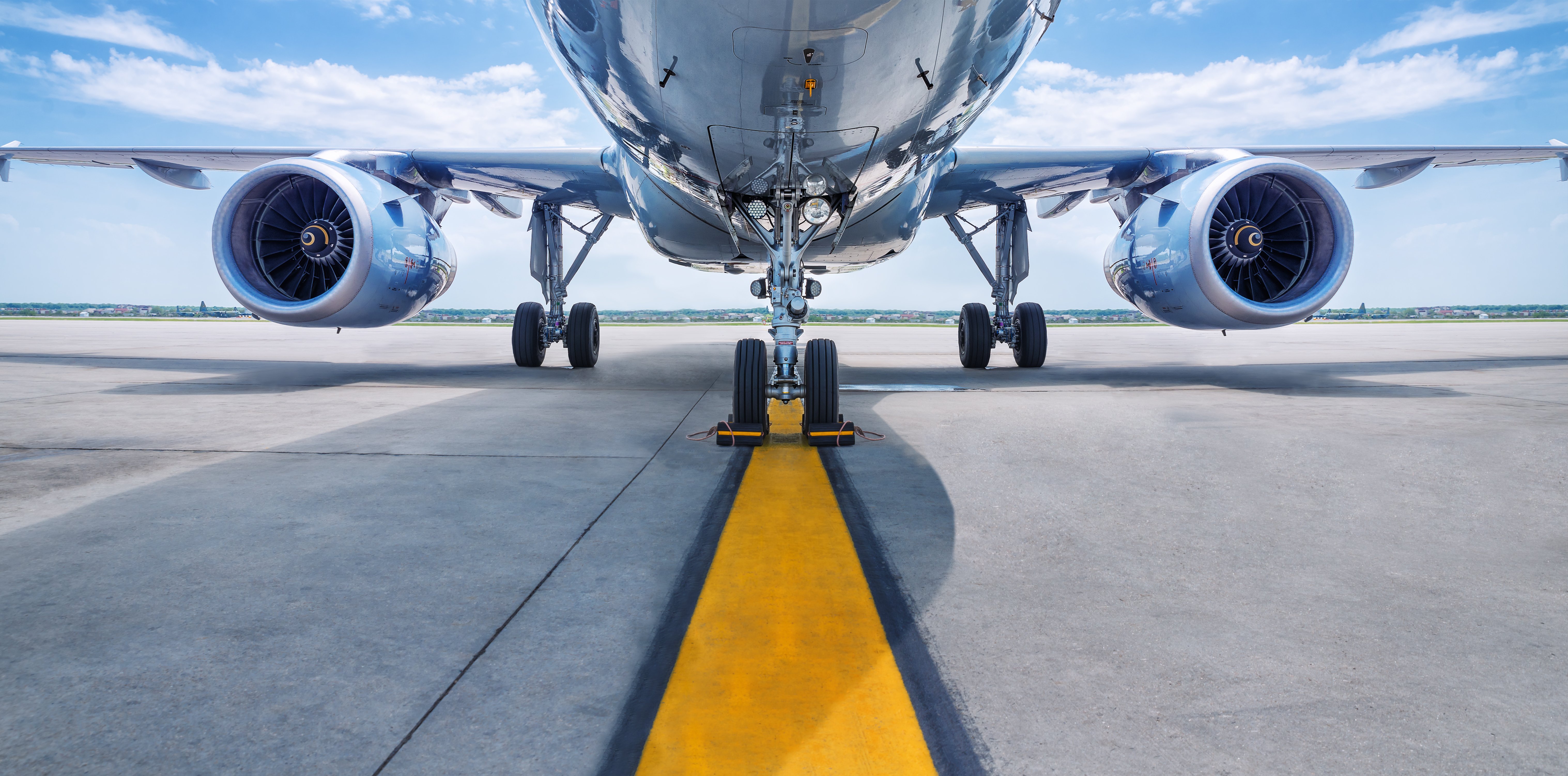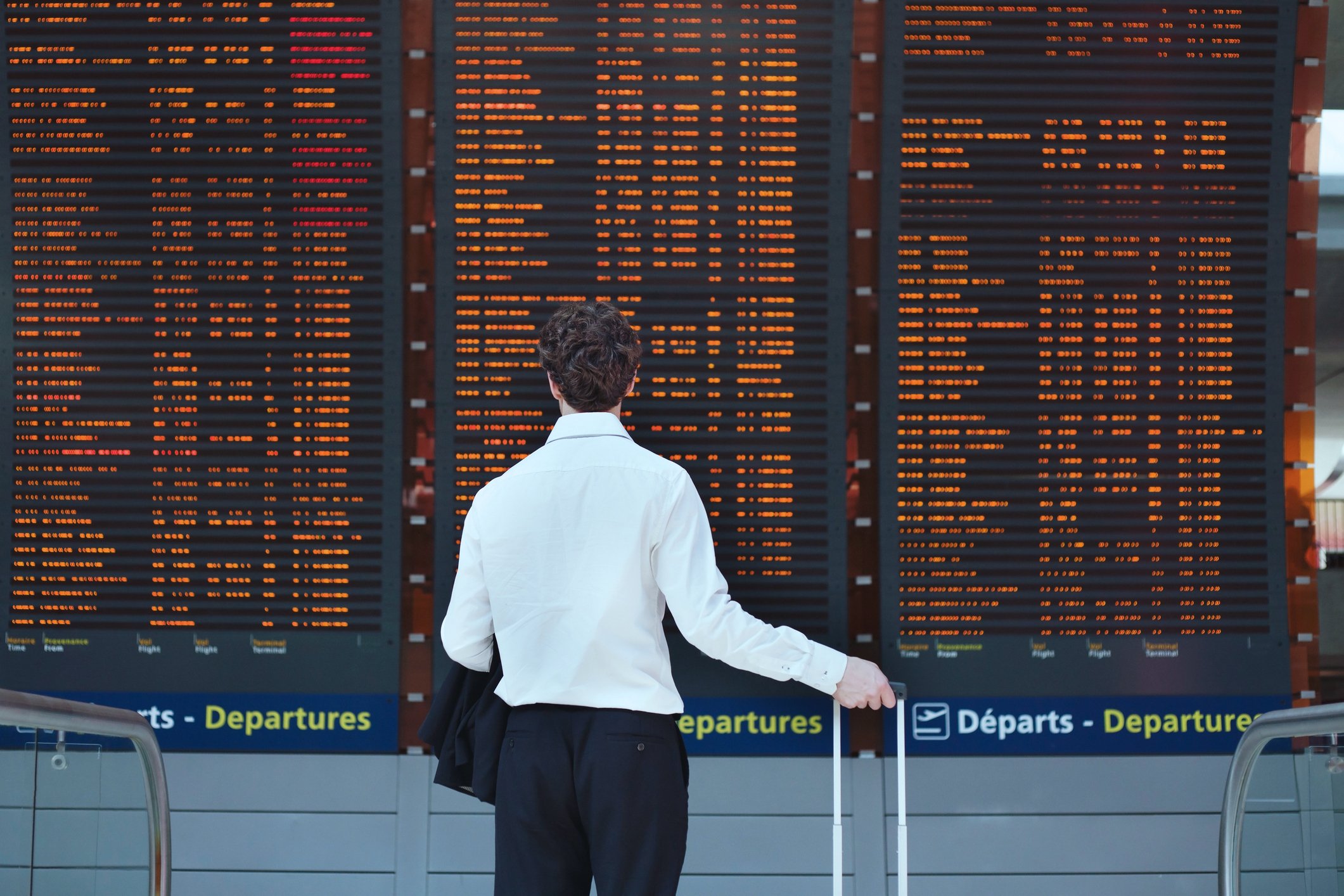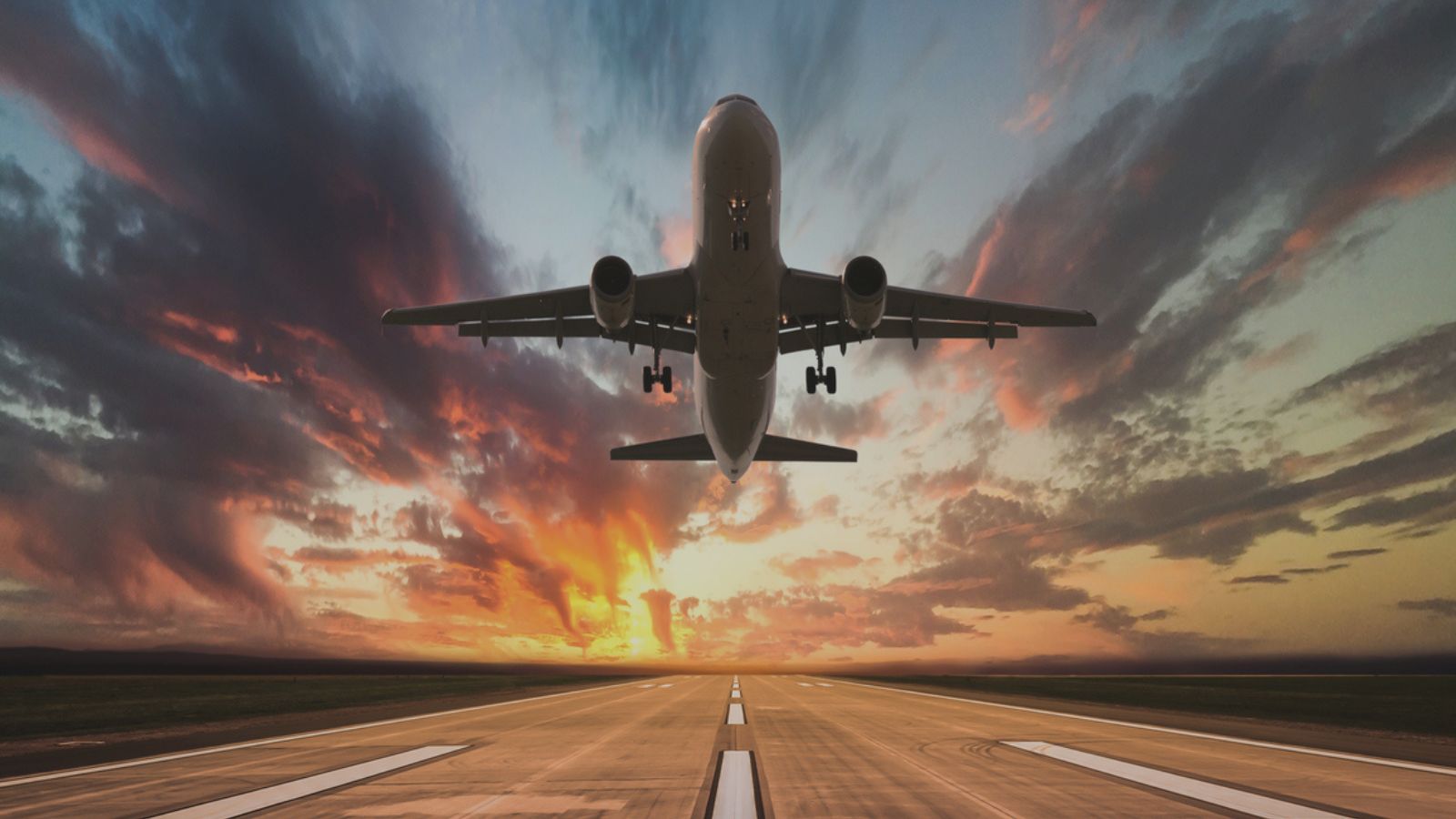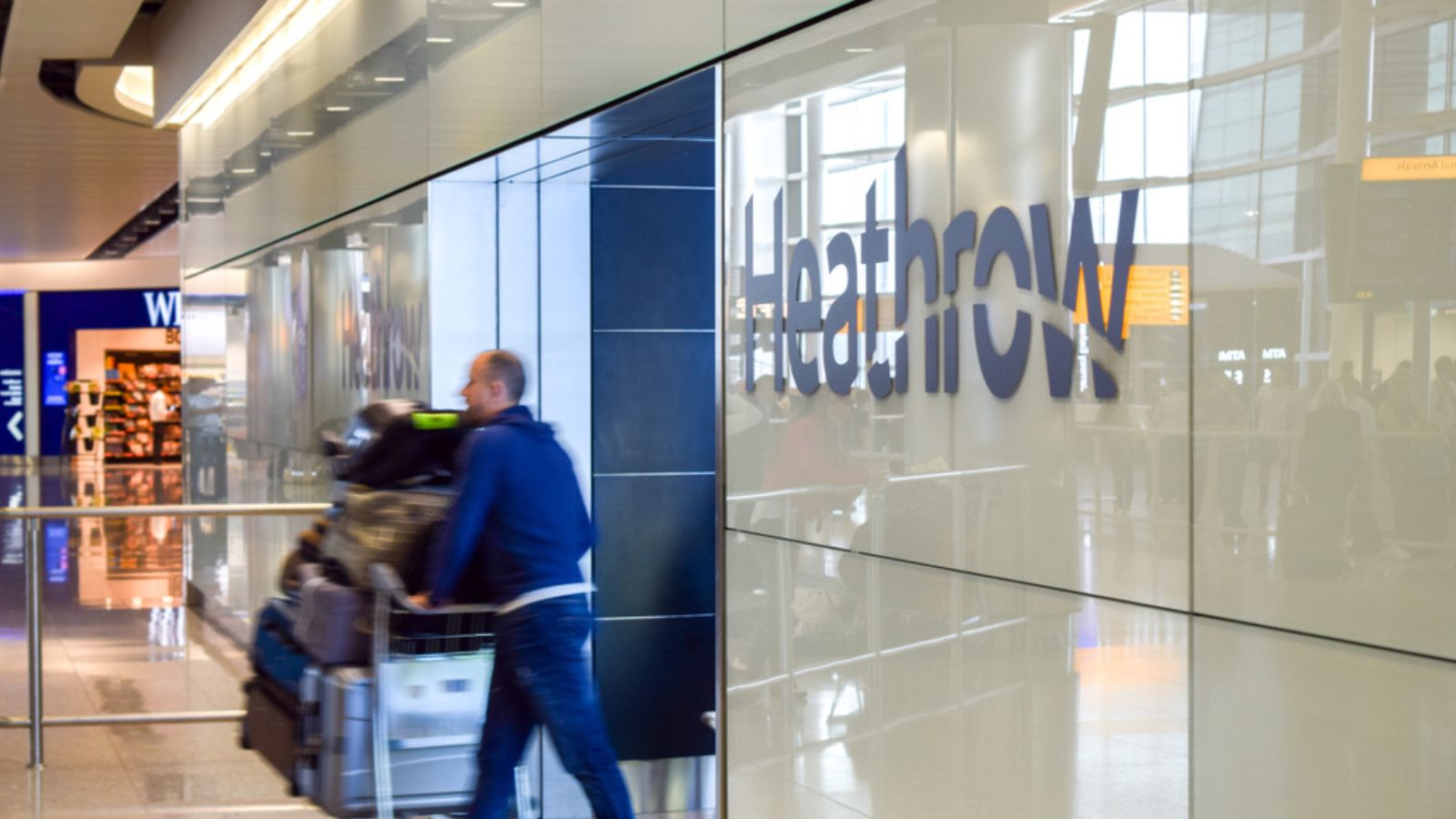It came as no surprise that London Heathrow would have to take action on the number of departing passengers per day this summer. Recent delays, short-notice requests for airlines to cancel services, and wider industry frustration at the issue meant something had to happen. But limiting departing capacity to 100,000 passengers per day is a shock and a cost to airlines around the globe that they hardly need.
What Are the Implications?
Restricting departing airline capacity / passengers may appear a sensible move - and quite honestly there was little option or an alternate course of action available - but when the current daily average of capacity is some 122,187 then airlines are looking at a 20% plus reduction in seats over and above the most recent cuts that airlines were requested to make by the UK Government.
As always, the devil of the capacity constraint will be in the detail. Will those airlines that only operate a single daily flight be allowed to continue operating, or will their current seven daily services have to be reduced to five a week with the subsequent impact for their connecting passengers? At the other end of the spectrum, what does this mean for the based carriers such as British Airways and Virgin Atlantic, are they expected to cut capacity by 20% each day through to the middle of September? However the capacity is allocated there will be some real frustration amongst airlines at the late notice of this quota.
How Many Passengers Will Be Affected?
This summer was expected to be like no other summer, and it looks like that will be the case but for the wrong reasons! With two years of such pent-up demand forward bookings for this summer were already extremely strong and finding flights in the first few weeks of August was already becoming challenging and extremely expensive. It is very likely that every airline operating at London Heathrow will be holding passenger bookings that are in excess of 80% of available capacity. If that is the case, then Heathrow are effectively telling airlines two things:
- Firstly, airlines should stop selling any more seats for travel until the 11th September, if that is the case then airlines will be missing out on the higher-yielding last-minute sales that they would have been planning for through their revenue management systems.
- Secondly, airlines will now have to cancel more planned services and re-accommodate those passengers affected onto other alternate flights, but to which flights will be the challenge when most capacity has already been taken.
So, in terms of how many passengers could be affected some simple maths gives us an idea of the damage. In total London Heathrow are seeking a reduction in passengers of around 1.375 million handled at the airport through to September and that is a lot of lost revenue!
How Much Will Airlines Lose?
Assuming a notional yield of US$400 per passenger departing from Heathrow in the peak summer (and that would be a conservative estimate) this equates to lost revenue of over US$ 550 million; hardly what the airline industry needs as it seeks to recover.
In addition to the direct revenue loss to airlines, there are also the costs of attempting to rebook affected passengers. Allowing for all of the costs of that activity - when airlines are probably looking at around US$50 per head to rebook - is another unexpected cost for airlines.
Lessons Learnt
One thing in the whole aviation recovery process is increasingly clear: the industry was surprised at the strength of the recovery. There is no doubt about that, all sides (airlines, airports and suppliers) were overly optimistic around available resources. But it strikes me that too many people failed to take the necessary steps and impose quotas or capacity cuts early enough, and we are now living with the consequences of that.
The whole issue of slot rules and the fear of the “use it or lose it” regulation is probably at the root of the problem; IATA said it was too early for that to be brought back, airports and Governments said otherwise. Maybe next time they should listen a little bit more!




.jpg)





.png)








